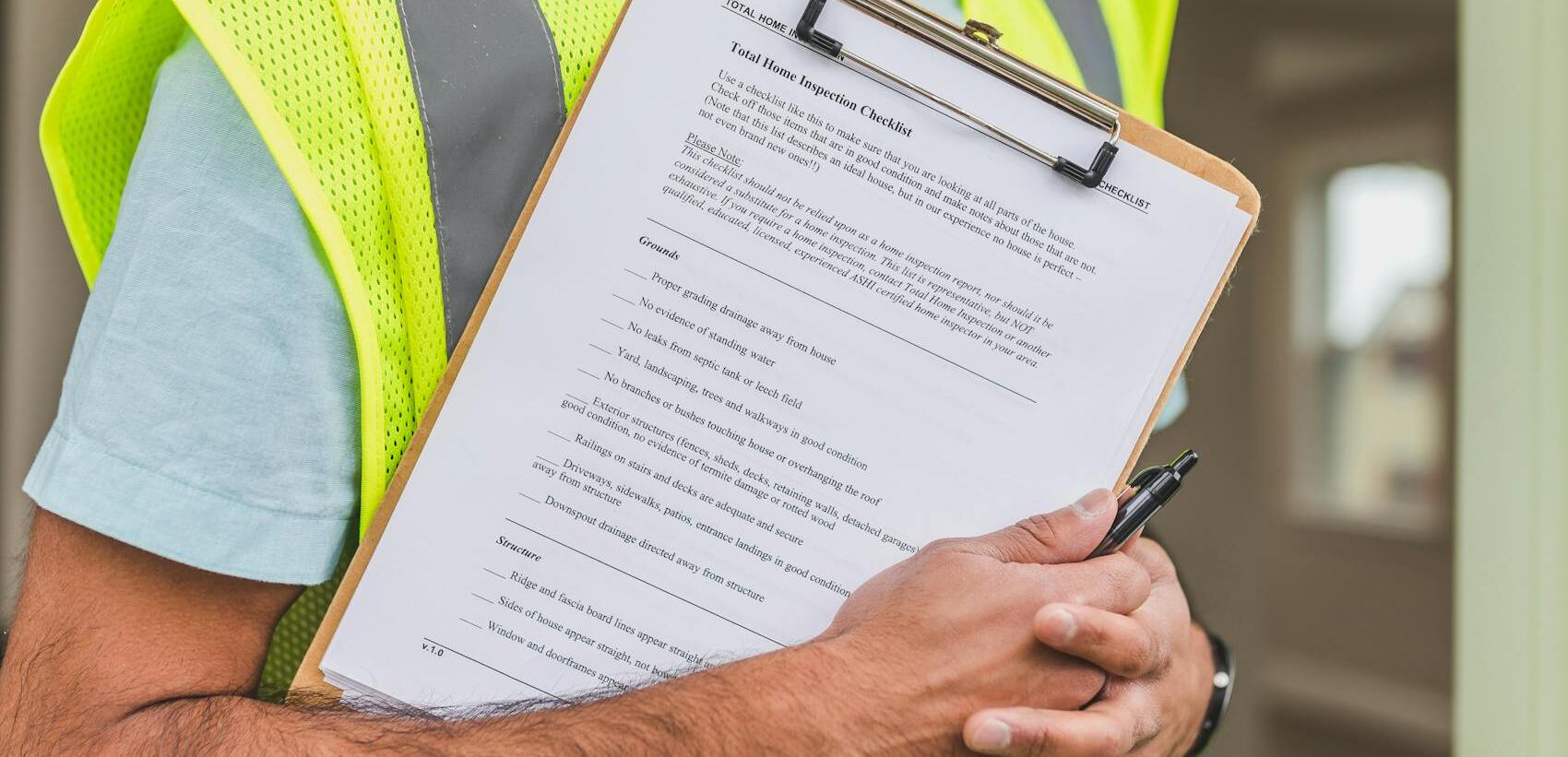Preparation for Business Litigation: 7 Tips and Tricks

We’ll cover the nuances of legal discovery and the power of mediation. We’ll navigate the labyrinth of complexities. They define this legal battleground. Whether you’re a first-time litigator or a seasoned legal professional, understanding how to best prepare for business litigation is crucial.
This blog post will arm you with a comprehensive guide to thriving in the courtroom amidst tangled business disputes.
Let’s dive into seven indispensable tips that will not only bolster your case but also keep your client’s interests at the forefront.
1. Align All Possible Evidence
In the realm of litigation, where the pursuit of justice is paramount, evidence reigns supreme. Each piece of proof you have is like a puzzle piece. It has the potential to tell a compelling story. That story could profoundly shape your case’s outcome.
To embark on this journey towards a favorable resolution, the first crucial step is to diligently gather and meticulously organize every shred of documentation that could be even remotely relevant to your dispute. It might encompass a wide range of materials, such as contracts, financial records, correspondences, or even employee files.
Remember, no detail is too small, and nothing can be overlooked. Sometimes, even seemingly circumstantial information can become critical when combined with other pieces of evidence, revealing hidden truths that may sway the tides of justice in your favor.
2. Engage in Thorough Legal Research
Your next vital step on the path to success is to arm yourself with extensive and detailed knowledge. It includes immersing yourself in case precedents, regulatory statutes, and industry standards, meticulously exploring every aspect.
Legal research serves as the cornerstone for developing a robust legal strategy, identifying potential challenges, and refining arguments with precision. While tools like LexisNexis and Westlaw provide invaluable resources, it is important not to underestimate the significance of seeking expert advice.
The intricacies of law often demand the insights of seasoned professionals, making it wise to build a network of legal peers and consult specialists in the field. Doing so can enhance your understanding of the finer points of law and further strengthen your legal acumen.
3. Develop a Comprehensive Litigation Plan
With a vast repository of evidence and substantial legal research under your belt, accumulated through countless hours of diligent work, the time has come to craft a comprehensive litigation plan that leaves no stone unturned.
A strong and meticulously crafted plan will not only guide you through the trial but also serve as a roadmap for your client, ensuring they have a clear understanding of the complex litigation process and the potential outcomes that lie ahead.
Your well-crafted plan should outline every step of the litigation journey, from the initial filing of the complaint and the subsequent responses to the various stages of discovery, pre-trial motions, and ultimately, the trial itself.
It should provide a detailed framework for presenting your case to the court, meticulously outlining the evidence you will present and the legal arguments you will make.
By carefully considering and documenting each stage of the litigation process, you will be able to anticipate and counteract the opposing counsel’s moves, strategically navigating the twists and turns that may arise during the trial.
4. Ensure Clear and Consistent Case Narrative
Clarity in your case narrative is key to persuading the judge or jury. You must construct a story that is not only compelling but also remains clear and consistent throughout the litigation.
Begin by identifying the central theme of your case. What is the main point you want to convey? Then, build your narrative around that central argument, ensuring that every piece of evidence and every witness testimony contributes to this overarching story.
Ambiguity can undermine your case, and a muddled narrative might lead to a misinterpretation of the facts.
5. Master the Arts of Deposition and Testimony
Depositions are a critical aspect of pre-trial discovery. They provide an opportunity to get sworn testimony from the opposing party. They can also get it from potential witnesses. Needless to say, practicing the art of the deposition is crucial.
Be thoroughly prepared with a list of pointed questions that will extract the information you need. The same holds true for witness testimony during the actual trial. Rehearsal and preparation will make sure that your witnesses are calm and believable. They will also testify with precision and impact.
6. Leverage Alternative Dispute Resolution
While the courtroom is often the final battleground, don’t discount the power of alternative dispute resolution (ADR). Methods like mediation and arbitration can often lead to faster and more amicable resolution, saving your client time and money.
A key tip is to approach ADR with the same level of preparation and seriousness as you would the trial. It means thoroughly understanding the process, preparing your arguments, and selecting a mediator or arbitrator with relevant expertise in the subject matter.
7. Build a Strong Support Team
The final, and arguably most important, tip is to build a strong support team. Effective litigation involves many tasks. The tasks include paperwork. They also include research and arranging witnesses and logistics.
A competent and cohesive team can make a world of difference. From paralegals to expert witnesses, each team member should contribute with precision, integrity, and a shared commitment to the case.
Foster an environment of collaboration and encouragement, and ensure that your team is well-versed in the specifics of the litigation.
In Conclusion
Business litigation is a complex and intricate process that demands meticulous preparation.
By aligning your evidence, engaging in thorough legal research, developing a comprehensive litigation plan, ensuring a clear and consistent case narrative, mastering depositions and testimony, leveraging alternative dispute resolution, and building a strong support team, you’ll be well-equipped to navigate the challenges that come your way.
Remember, the devil is in the details; leaving no stone unturned and preparing with purpose are the hallmarks of a litigator poised for success.
About Us
If you find yourself entangled in complex business litigation matters and require sound legal advice, don’t hesitate to reach out to Cavell Law LLC. Cavell Law is owned and managed by Hunter G. Cavell—an experienced trial attorney in Ohio.
At Cavell Law, we focus on helping our clients reach the best possible outcome in any situation and get quick resolutions and settlements.
Contact us today for a consultation—let us provide the legal support you need in this challenging time. Remember, at Cavell Law, your peace of mind is our priority.









